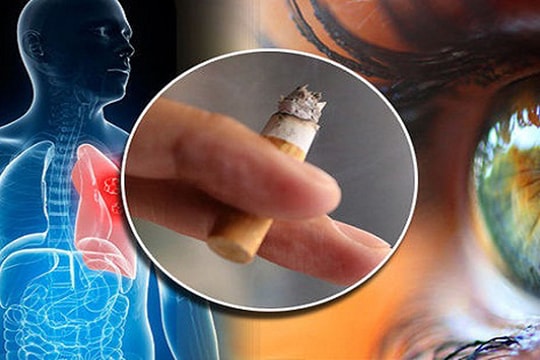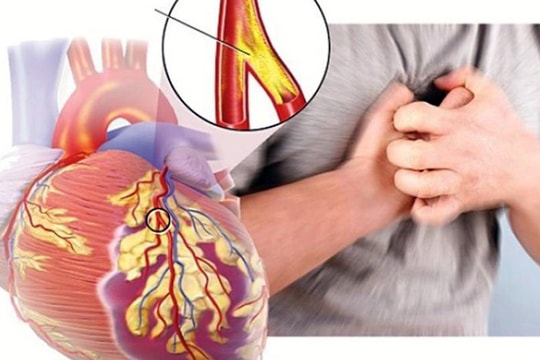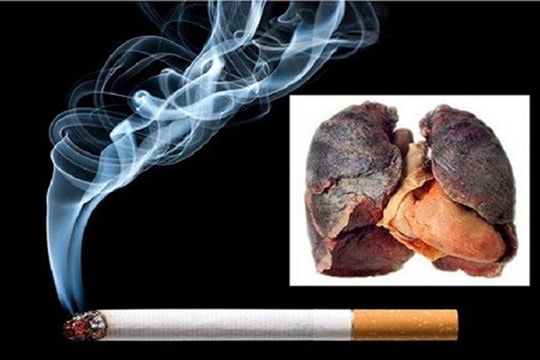Cigarette smoke makes women susceptible to disease
Women who are regularly exposed to cigarette smoke are twice as likely to develop lung cancer and many other diseases as men, due to women's weaker immune systems.
According to statistics from the World Health Organization (WHO), currently, out of about 1 billion people who smoke,cigaretteGlobally, there are approximately 200 million women.
More dangerous is the situation of passive smoking (exposure to cigarette smoke) that causes about 600,000 deaths each year, of which women account for about 64%.

Many studies have shown that women affected by tobacco will have reduced fertility and shortened reproductive age. Pregnant women who smoke will directly affect the fetus.
Accordingly, women who smoke during pregnancy have a 1.5 to 3.2 times higher risk of miscarriage than non-smokers, and women who smoke may have a weakened ability to maintain the fetus.
Women who smoke are 2 to 4 times more likely to have ectopic pregnancies than women who do not smoke. Women who smoke are especially susceptible to premature placental abruption and placenta previa, which cause bleeding in the mother and lead to fetal death.
According to WHO, smoking and pregnancy are considered the most dangerous combination. The toxic chemicals in cigarettes are harmful to the fetus and the mother, because these substances are passed from mother to child through the blood, affecting the child's health later on, and can even cause birth defects.
Smoking during pregnancy can cause premature birth, low birth weight, premature rupture of membranes, placenta previa, miscarriage, and stillbirth. Children whose mothers smoke during pregnancy have the same high blood nicotine levels as adults who smoke.
In addition, smoking (including passive smoking) can cause infertility in women. More and more studies show a significant decrease in ovulation and fertilization response in smokers. Many toxic chemicals have been found to cause genetic mutations that lead to stillbirth, birth defects, cancer and many other health concerns for future children.
Also according to WHO, women who smoke regularlycigaretteWomen are twice as likely to get lung cancer and many other diseases as men, because women's resistance is weaker.
For women entering menopause, estrogen replacement therapy provides additional benefits for the skin and joints, becoming popular. However, this is even more dangerous for women who smoke because they may face serious problems with cardiovascular disease, stroke and risk of death when using estrogen therapy.
Approximately 34,000 women die each year from heart disease and ischemic heart disease as a result of long-term cigarette smoking. Although most deaths occur in postmenopausal women, the risk of cardiovascular disease associated with smoking is higher in younger women.
Smoking also makes women's skin yellow because cigarettes limit blood and oxygen to nourish the skin, causing premature aging.








